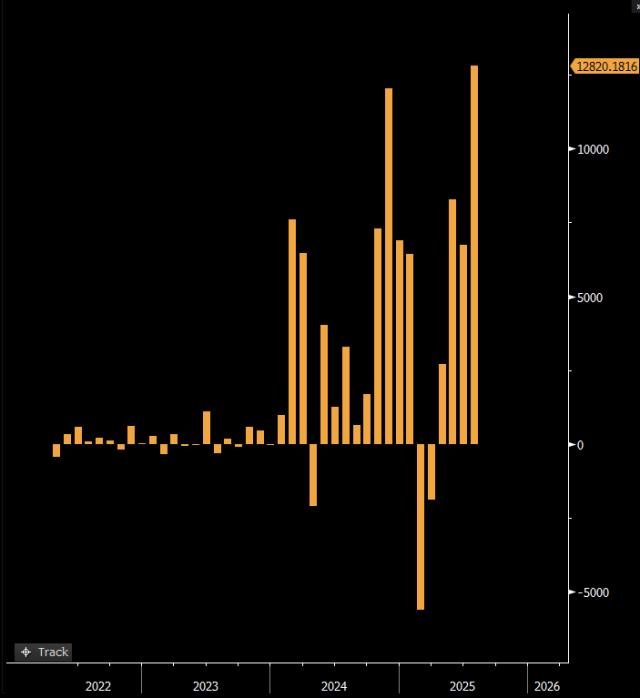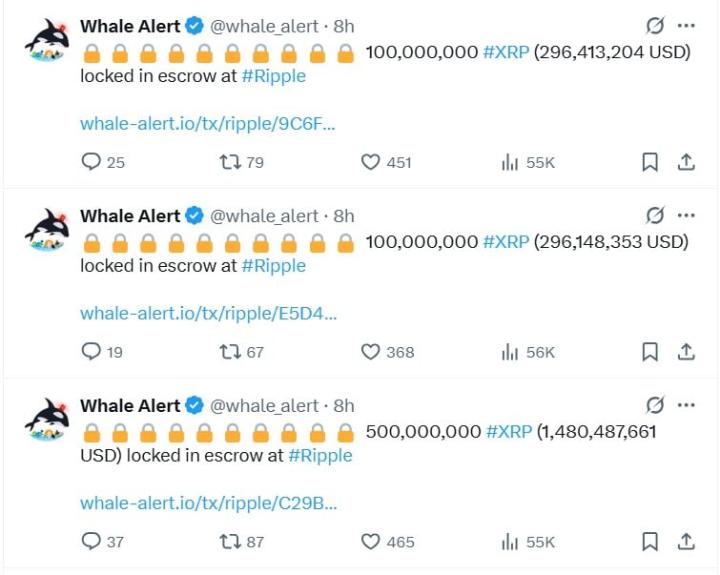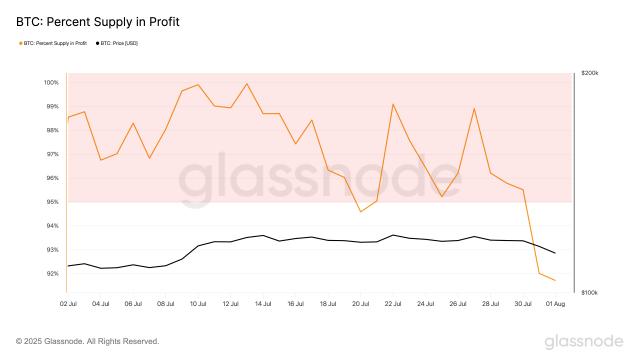On July 25th, BOB (Build on Bitcoin) announced a collaboration with zero-knowledge proof infrastructure RISCZero, becoming the first Rollup project in the industry to use zero-knowledge proofs as fraud proofs by integrating the hybrid architecture framework Kailua launched by RISC Zero. This will greatly save time and costs of existing settings and can shorten the withdrawal time from the usual 7 days to 1 hour. This is a key step for BOB to achieve Rollup Phase 1 and Phase 2 on L2beat.
Reportedly, Kailua is an OP stack extension built by RISC Zero using its verifiable computation layer Boundless network, a hybrid architecture (Hybrid Rollup) that can upgrade Optimistic Rollup to a Hybrid ZK Rollup, combining the advantages of Optimistic Rollups and ZK Rollup, dedicated to achieving efficient blockchain settlement and dispute resolution. It processes transactions quickly by default using Optimistic Rollups and enables ZK proofs when disputes arise or rapid settlement is needed, thus attempting to balance high throughput, low cost, and high security. Simply put, it integrates the ability of existing Optimistic Rollup with ZK Rollup advantages.
Its most important feature is the ability to shorten the settlement cycle from the original 7-day challenge period to as short as 1 hour, and for Optimistic Rollup networks integrating Kailua, there's no need to worry about the continuous generation costs of ZK proofs because its implementation is on-demand.
BOB is the first chain using zero-knowledge proof (ZK). Compared to Optimistic Rollup with slow withdrawal speeds and expensive anti-fraud mechanisms, and ZK Rollup with high operating costs, this new approach combines the advantages of both.
BOB perfectly combines efficiency (lower proposal submission costs compared to validity Rollup) and security (ability to prove block correctness in case of fraud). Additionally, ZK proofs are much cheaper than on-chain binary games on current Optimism or Ink platforms (less than $100, compared to around $1 million).
Three major advantages:
Anyone can challenge BOB sequencer proposals with a deposit as low as 0.5 ETH, without needing hundreds of ETH as in non-zero-knowledge fraud proofs.
In case of a challenge, fraud proof settlement on Ethereum can be completed with a single transaction, thus finalized within minutes, unlike non-zero-knowledge versions that require hours or days and multiple transactions.
In the long term, it can significantly shorten BOB's withdrawal time because the on-chain fraud resolution is fast and low-cost. Initially, the withdrawal time is expected to be 4 days, and after system stabilization, it can be reduced to a few hours.
How it works:
Kailua introduces a newly developed error-prevention game design that provides top-tier security for Rollup transaction sequencing.
BOB will use zero-knowledge proof (ZK) fraud proofs, instead of multiple transactions in Optimism's binary game.
Zero-knowledge proof allows BOB to streamline the error prevention mechanism to a single transaction on Ethereum, rather than multiple transactions in a binary game.
Specific process:
For each checkpoint, the BOB sequencer (run by Conduit) will propose a new canonical chain for a specific height.
Anyone can propose an alternative proposal challenging the canonical chain using the Kailua binary file. Proposing requires depositing an ETH-denominated bond on Layer 1. Initially set at 0.5 ETH, this makes it easy for anyone to challenge and significantly lowers the permissionless validation threshold.
When conflicting proposals exist at the same height, the challenger or validator (run by Conduit) will generate a zero-knowledge proof (using the Boundless algorithm) to resolve the canonical chain issue. Since BOB's construction depends on the transaction encoding order on Layer 1, only one valid chain can exist. The bond of the incorrect proposer or challenger will be confiscated.
BOB co-founder and BitVM Alliance founding member Alexei Zamyatin stated: "With the launch of a fully functional proof system, BOB L2 will have complete Ethereum security. This means BOB will remain at Stage 0 of L2, while most other L2s will move to other categories on L2Beat. Stage 1 Rollup depends only on the launch of the security committee, which will be announced in the near future. Stage 2 Rollup only requires opening the proposal process to anyone."
The RISC Zero team believes that Kailua upgrades Optimistic Rollup to use zero-knowledge proofs (ZK Fault Proofs) driven by RISC Zero zkVM. Currently, the market's Rollup solution choices are either Optimistic Rollup or ZK Rollup. Due to low cost and high throughput, Optimistic Rollup dominates the current market but requires a 7-day challenge window, which delays finality and limits interoperability. ZK Rollup can provide quick finality, but generating ZK proofs for each block incurs significant additional costs, with high-throughput Rollup costs potentially reaching millions of dollars or more.
Now, a third approach is online with BOB, supported by RISC Zero's Kailua architecture, which combines the advantages of both: Optimistic ZK Rollup has both the low operating costs of Optimistic Rollup systems and the quick finality of ZK Rollup.







